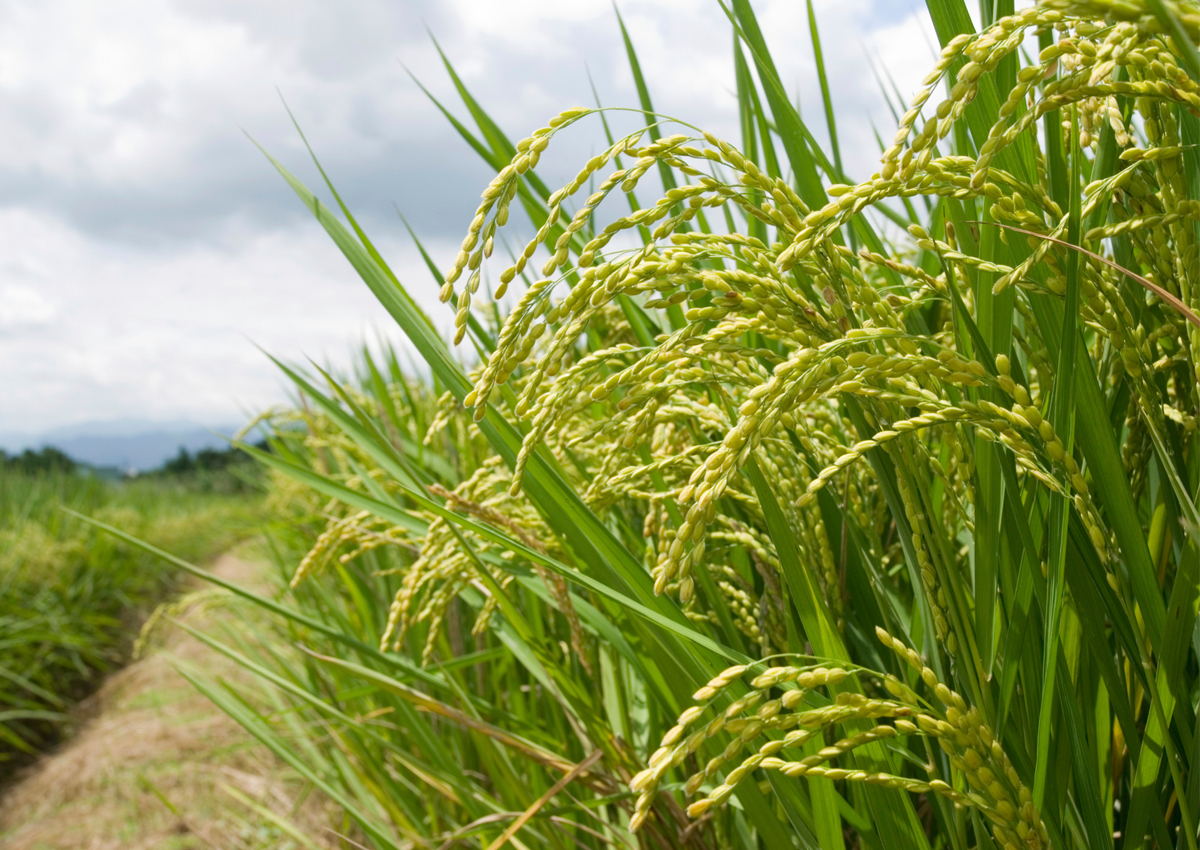
Biologists Show Two Genes Work Together to Trigger Rice Embryo Formation
November 27, 2024| |
A team of researchers at UC Davis and UC Berkeley's Innovative Genomics Institute have found a way to produce clonal seeds from hybrid rice varieties. This technique could produce rice hybrids with superior qualities to be widely available to the world's farmers.
Led by Venkatesan Sundaresan, a Distinguished Professor in the departments of Plant Biology and Plant Sciences at UC Davis, the team previously showed that the gene BBM1 in rice egg cells could switch on the ability of a fertilized egg to form an embryo. However, the method only worked about 30 percent of the time. Together with researchers from UC Berkeley's Innovative Genomics Institute, the team has now shown that simultaneously activating a second gene, WOX9A, increases the success rate to around 90 percent.
The plants produced from this method are haploid, because they are from unfertilized eggs. While haploid plants grow, they tend to become stunted compared to diploid plants that carry two copies of each gene. The next step, the researchers say, is to combine their method of activating both BBM1 and WOX9A with "synthetic apomixis," a technique that they previously developed for asexually producing clonal seeds. This will allow farmers to reap the benefits of hybrid vigor year after year by simply saving some of the harvest to plant the following year.
For more details, read the article in UC Davis News.
| |
You might also like:
- Engineering Rice Phytobiome Could Lead to Greater Food Security and Combat Climate Change
- Italy Launches First Field Trial of Gene-Edited Risotto Rice
- Scientists Develop Biofortified Rice with High VitB1 Content Without Affecting Yield
Biotech Updates is a weekly newsletter of ISAAA, a not-for-profit organization. It is distributed for free to over 22,000 subscribers worldwide to inform them about the key developments in biosciences, especially in biotechnology. Your support will help us in our mission to feed the world with knowledge. You can help by donating as little as $10.
-
See more articles:
-
Plant
- Chickpea Heat Tolerance Traits Identified by Australian Researchers
- Biologists Show Two Genes Work Together to Trigger Rice Embryo Formation
- Leading Breakthroughs: Gene Drives for a Sustainable Agriculture and Biodiversity Conservation
- ISAAA Inc. Joins National Biotechnology Week in the Philippines
-
Animal
- Experts Develop GM Live Vaccine to Protect Cattle from Anaplasma Marginale
- New Gene Drive Technology Reverses Insecticide Resistance in Pests
-
Food
- Nigerian Scientists Stress Safety of GM Products
- Researchers Identify Genetic Secrets of High-Yield Fuji Apple
-
Read the latest: - Biotech Updates (January 28, 2026)
- Gene Editing Supplement (January 28, 2026)
- Gene Drive Supplement (February 22, 2023)
-
Subscribe to BU: - Share
- Tweet

